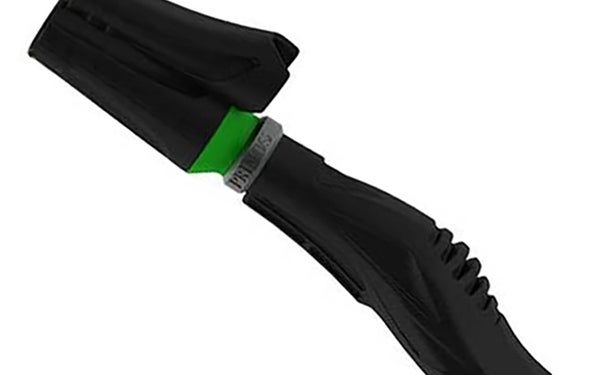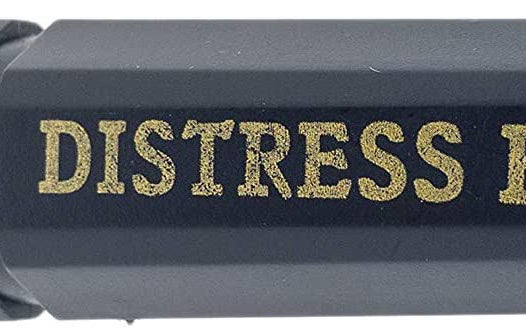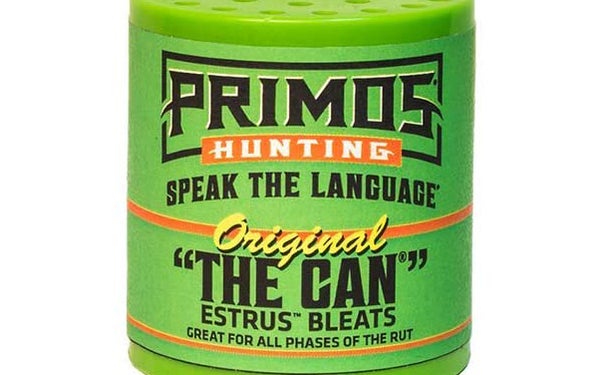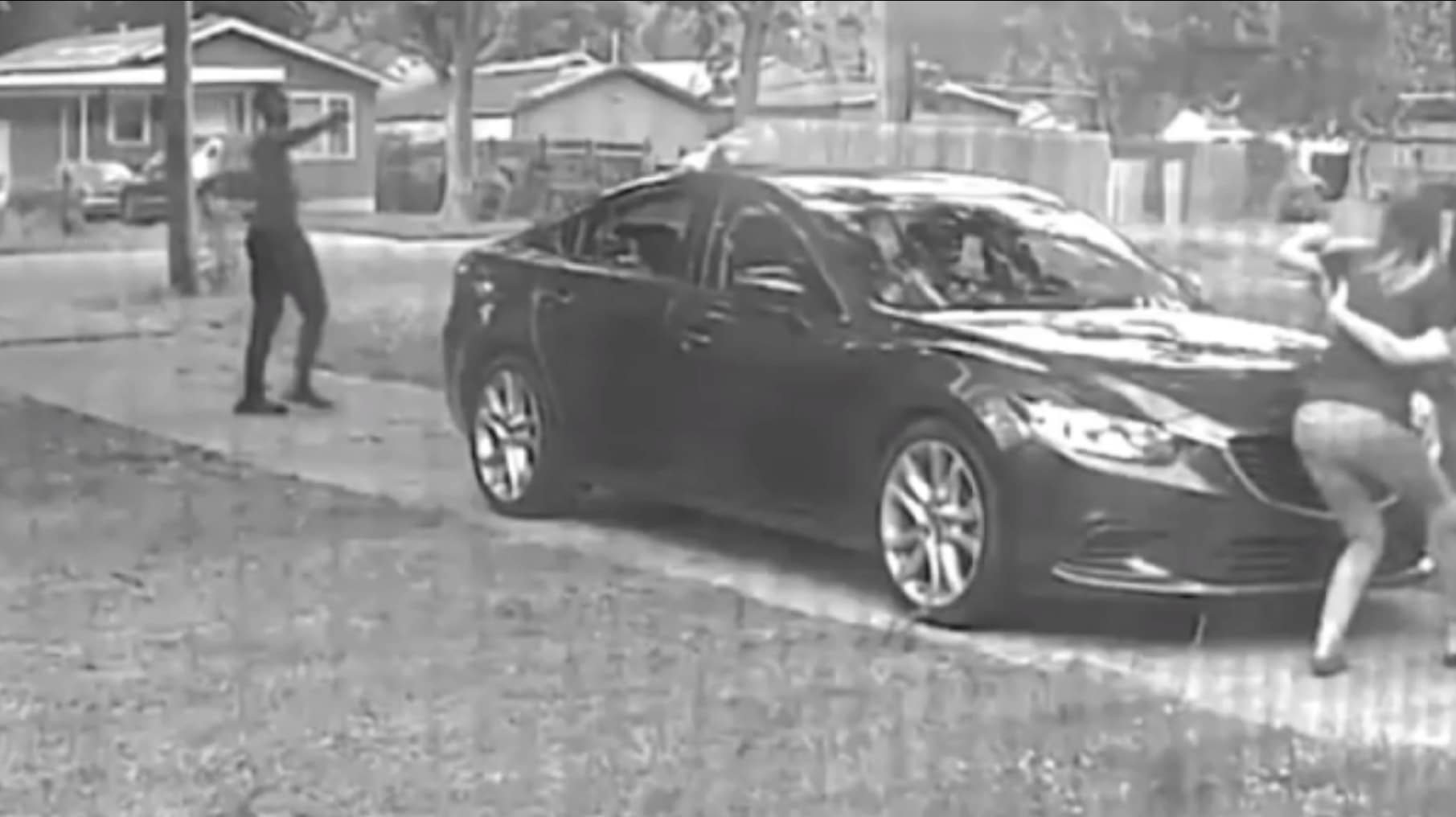We may earn revenue from the products available on this page and participate in affiliate programs. Learn more ›
The vast majority of deer hunters are call-shy. In forty years of hunting with and talking to fellow hunters, I’m continually surprised at how few of them call to whitetails half as much as they should. And almost no one talks to muleys. Meanwhile, deer of both species walk out of their lives that might otherwise have been lured into shooting range.
I know deer don’t look or behave like raucous, vocal creatures. They don’t howl like wolves, jabber like chimps, or gobble like turkeys. Outside of the occasional warning snort, we just don’t hear them “talk” to each other very much. But here’s the truth; deer are actually pretty chatty. Biologists have identified over 90 different sounds made by whitetails alone. These vocalizations serve a variety of purposes: contact, reassurance, lust, challenge, alarm…. You don’t need to mimic all these sounds. Not by a long shot. Learning just the basics will definitely help you get closer to deer as you hunt.
There are nine deer vocalizations every hunter should know and learn how to mimic. Here they are, what each sound likes, how to make it, what it means, and when to use it.

9 Deer Vocalizations You Should Know
1. Contact Grunt
Who Makes It: Every deer in the herd
The Sound: A half-second burp, made with a variable grunt-tube call.
What It Means: “I’m here. Whassup?”
When to Use It: Any time you want to get a deer’s attention and get it to step a little closer. Non-aggressive and calming, it’s a go-to call before and after the rut.
This Bone Collector grunt call allows you to make various grunts and even bleats by moving an O-ring. Amazon
2. The Call: Tending grunt
Who Makes It: Bucks dogging does
The Sound: Burp, burp, buuurp, made with a variable grunt-tube call.
What It Means: “Who da man? I’m da man! Who da man?”
When to Use It: During the rut, whenever you want a real buck to think a rival is after his ladies.
3. The Call: Clicking
Who Makes It: Bucks really dogging does
The Sound: Roof-of-mouth tongue clicking— tick, tick, tick, tick…. Made with a variable grunt-tube call.
What It Means: “Never, never going to give you up….”
When to Use It: Ditto above.
4. The Call: Roar

This Primos Rut Roar call makes regular grunts and buck roars. Amazon
Who Makes It: Bucks out of their minds with lust
The Sound: Grunt on roids: BUUURRRP! Made with a “roar” or “growl” grunt call.
What It Means: “I’m one step away from a cold shower here! How ’bout it?”
When to Use It: Ditto above and above, whenever the other two calls fail to bring a jealous buck running.
5. The Call: Snort
Who Makes It: Alarmed bucks and does
The Sound: A loud, breathy whoooosh!, often accompanied by hoof stomp. Can be made by mouth or with snort-wheeze call.
What It Means: Varies from “What the heck is that?” to “Let’s get the heck outta here!”
When to Use It: Whenever you spook a deer—to make it or other nearby deer think that you are just one of them, rather than the danger itself.
6. The Call: Bawl

This Quaker Boy Distress Fawn call can lure protective mama does in close. Amazon
Who Makes It: Usually fawns, but any deer in danger
The Sound: A dying rabbit times three— Meaaaa! Meaaa! Meeeaaaa! Made with a fawn-distress call.
What It Means: “Get this coyote’s teeth out of my butt!”
When to Use It: When you are hunting does specifically and want to bring a mama deer running in to you.
7. The Call: Snort-wheeze
Who Makes It: Aggressive bucks
The Sound: Couple of quick snorts, followed by a long, loud exhale: Whish, whish, pheeeewwwwwt! Made by mouth or with snort-wheeze call.
What It Means: “I own this turf, and all the does standing thereon. Dude!”
When to Use It: When you want to challenge a buck to a fight, or at least a close-range standoff.
8. The Call: Bleat

Doe bleats can be made on blown calls or with “cans,” like this one, that you simply turn upside down. Amazon
Who Makes It: Does
The Sound: Similar to a contact grunt, with a hint of sheep: meeaaaah. Made with bleat call.
What It Means: “Mommy’s right here, honey.”
When to Use It: Before and after the rut, as a non-aggressive, calming call. Or during the rut, to make a buck think there’s a doe nearby.
9. The Call: Mew
Who Makes It: Fawns
The Sound: High-pitched, lower-volume bleat: meah, meah, meah. Made with bleat call.
What It Means: Mom? Mom? Mommmyyy?!
When to Use It: Anytime to call in a doe, or during the rut—especially the late rut—to make a buck think there’s a doe and fawns nearby.
Read the full article here




